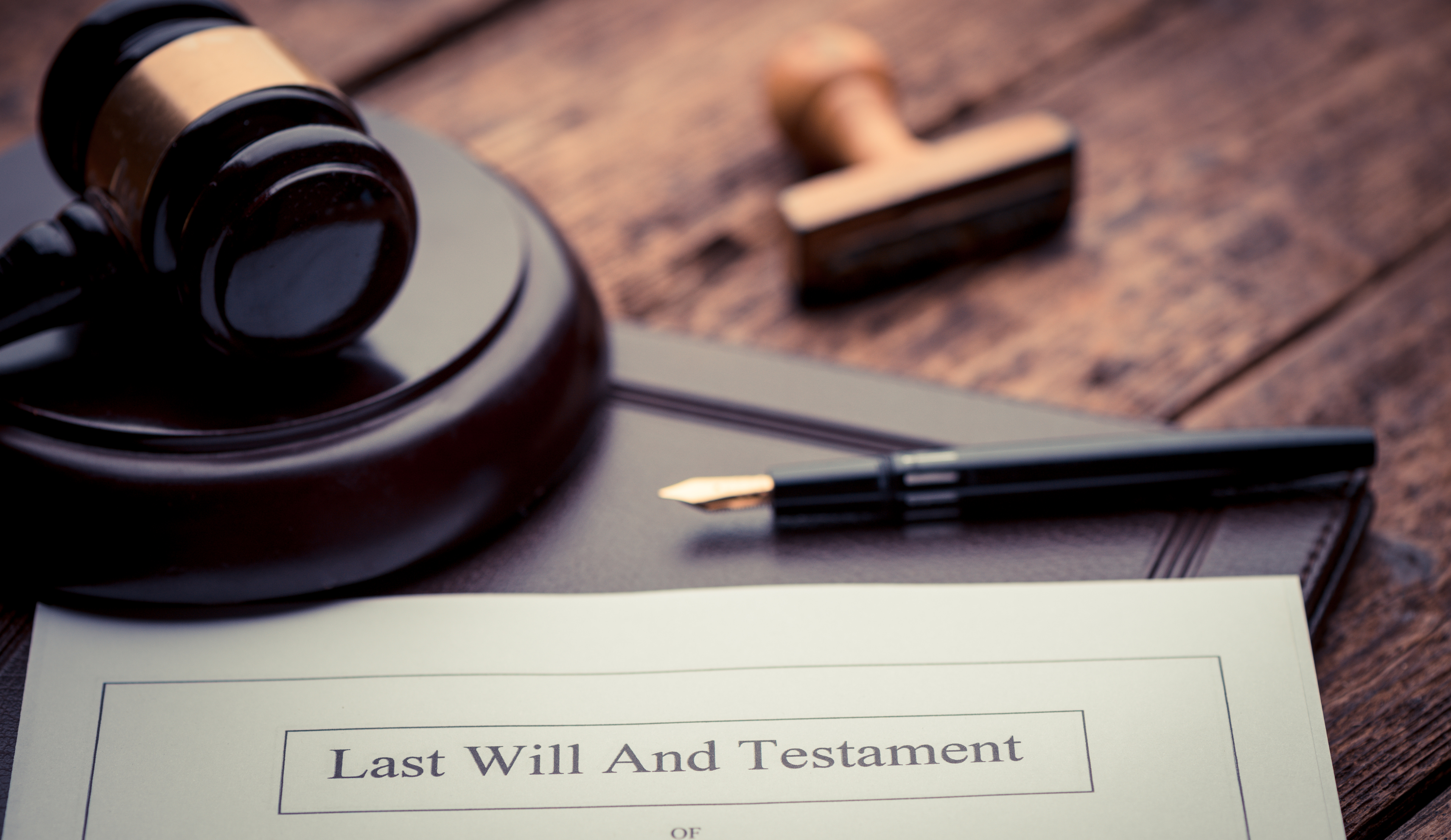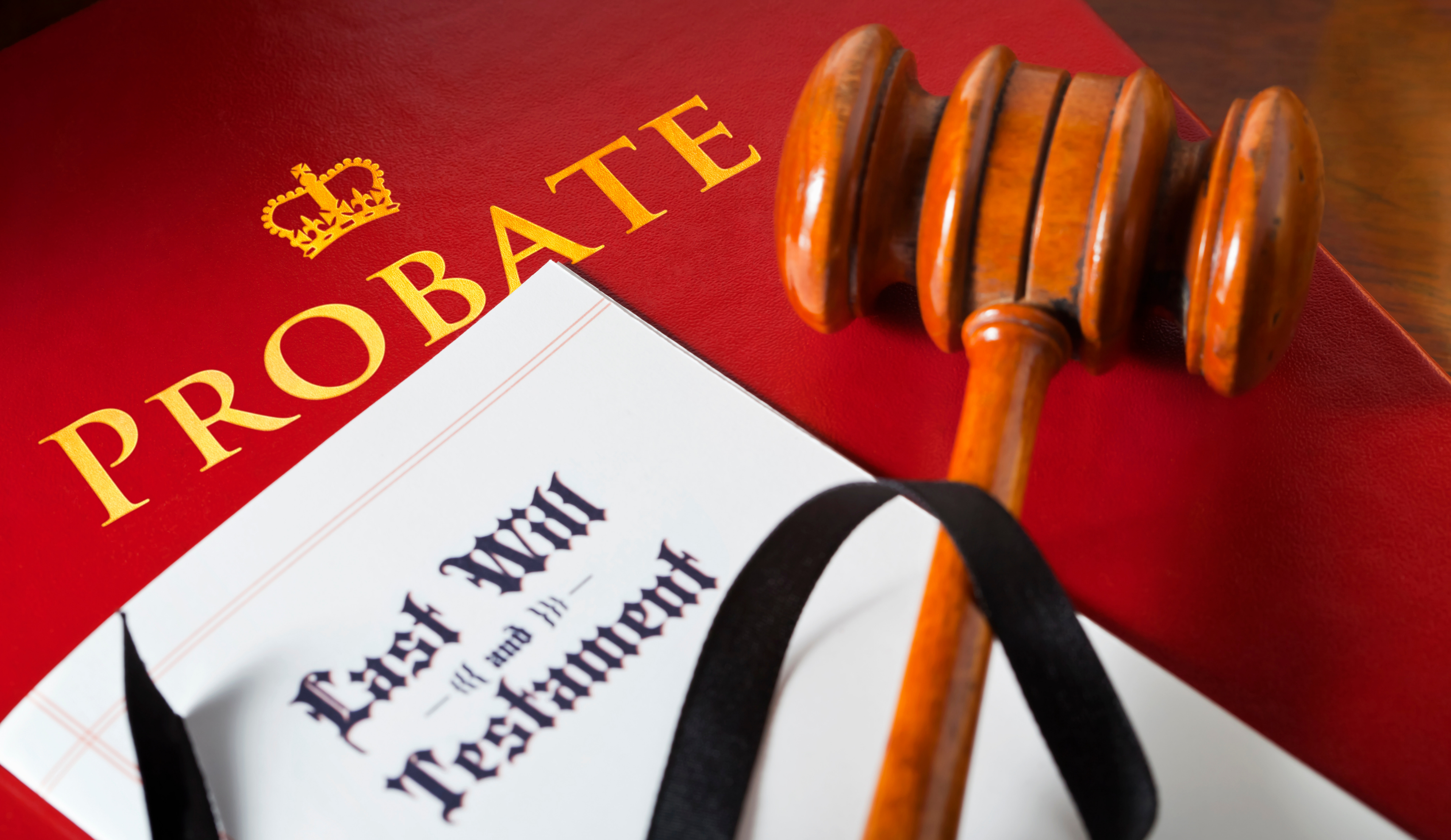Who is Responsible for Paying Medical Bills & Mortgage Debts After Death?
This article answers the frequently asked questions about whether family member is liable for the deceased mortgage, and how the mortgage debts of the deceased are paid, either through mortgage insurance policy such as Home Protection Scheme or Mortgage Reduced Term Assurance (MRTA), the family members signing as co-mortgagor, or sell off the property
When a loved one dies, there will likely be debts the deceased leaves behind, like his/her mortgage, medical bills, and others.
Who is liable for paying these debts? Where will the money come from to pay them? There is no need to be concerned, as we’ve covered these issues and the various solutions for paying off the liabilities that remain after death.
Let’s start with the mortgage, which is likely the largest liability.
A mortgage is a legal instrument that people offer their bank in return for giving the bank a legal claim to their property, whereas a home loan is a legal instrument that allows people to borrow money to buy a home.
This means that with a mortgage the property itself is the collateral but when you take out a home loan it can be secured or even unsecured.
The individual who obtains a mortgage is called the “mortgagor” or borrower.
Table of Contents
As Part of Our Inheritance from a Deceased Mortgagor Will Our Family be Liable for the Mortgage?
What if there is no way for us to repay the mortgage loan?
How are the Mortgage Debts of the Deceased Paid?
How are Your Loved One’s Hospital Bills Paid After They Die?
As Part of Our Inheritance from a Deceased Mortgagor Will Our Family be Liable for the Mortgage?
Generally speaking, you and your family do not need to worry about inheriting the mortgage if the documents were solely signed under the name of the deceased. To be more specific, you would not inherit the deceased’s mortgage if you or any other family member did not co-sign the mortgage documents with the deceased.
If this is the case, the executor or administrator of the estate would put the property up for sale to pay the mortgage off. But this depends on whether the deceased had made a will.
On the other hand, if you or someone else in your family had co-signed the mortgage in conjunction with the deceased mortgagor, then whomever co-signed with him/her will indeed inherit the mortgage.
The co-signer on the mortgage will then take over responsibility for the mortgage from the deceased as the only debtor. What happens next depends on:
- Whether the property you inherited is an HDB flat or a private property
- How the inherited property was financed (e.g., bank loan or CPF)
Whether the property is an HDB flat or private property, if the deceased mortgagor financed it with bank loans, the following applies:
- The surviving mortgagor is required to take a Grant of Probate to the bank to show evidence that he/she has a legal right to take over responsibility for the mortgage.
- Because there are so many supporting documents required in a court application, we recommend hiring a lawyer to handle the paperwork needed to get the Grant of Probate.
- Once the Grant of Probate is obtained, the surviving mortgagor can approach the bank to discuss possible ways of paying the mortgage. This is especially important if he/she does not have sufficient means or income to do so.
What if there is no way for us to repay the mortgage loan?
If the surviving mortgagor cannot repay the loan, the bank is legally within its rights to foreclose on the property, taking possession and selling it.
If the inherited property is a private property, it’s important to find out whether there is mortgage insurance on the property. Called Mortgage Reduced Term Assurance (MRTA), this type of insurance will pay out a certain amount of money if one of the co-signers on the mortgage passes away.
If the inherited property is an HDB flat that the deceased mortgagor financed through CPF, the following applies:
If the deceased mortgagor was using monies from his/her CPF account for monthly bank loan payments on his/her HDB flat, there would be insurance under the Home Protection Scheme (HPS).
With this insurance, if the mortgagor dies, the CPF Board will see that the outstanding housing loan is settled, up to the amount it’s insured for. This would be directly with the bank or HDB, whichever made the housing loan.
The HPS is required of all individuals who dip into their CPF savings to finance their HDB flat.
However, the HPS is not available to those with private residential homes, like privatised Housing & Urban Development Company (HUDC) flats or executive condominiums (ECs).
When you apply for your CPF funds to be used to pay the monthly instalments on your housing loan, you can at the same time apply for coverage under HPS at any HDB branch office or the HDB Hub. For more details on the HPS, click here.
How are the Mortgage Debts of the Deceased Paid?
Mortgage debts will accrue after the mortgagor dies and no one makes the monthly instalment repayments.
The first thing you’ll want to do is determine whether anyone in your family is able and willing to make the repayments. If so, their name can go on the deed (the legal document regarding ownership of the property), naming them as a co-mortgagor.
How are Your Loved One’s Hospital Bills Paid After They Die?
When a loved one dies and leaves behind medical bills, you can arrange to settle these bills through his/her or your Medisave account and/or their MediShield Life insurance (basic health insurance that all Singapore Citizens and Permanent Residents are required to have).
You can also file insurance claims under the Dependants’ Protection Scheme (DPS). This is term insurance providing insured members plus their families up to $46,000 of basic coverage once an insured member passes on.
You can add to these funds if more is needed to pay off the deceased’s medical bills by tapping into the deceased’s bank account and/or CPF savings.
When a loved one dies, the stress and grief can be overwhelming and when you add financial pressures, it makes the situation that much worse. This is why it’s essential that you be prepared in advance for something like this.
After your loved one passes away, it is up to you to settle his/her estate. If they left a will, you should apply for a Grant of Probate or of there is no will, you would apply for a Grant of Letters of Administration. To help you do this we would be happy to refer you to one of our partner probate lawyers.
Disclaimer: The information provided in this article does not constitute legal advice. We recommend that you get the specific legal advice you need from an experienced attorney prior to taking any legal action. While we try our best to make sure that the information provided on our website is accurate, you take a risk by relying on it.
At Pinnacle Estate Agency, we strongly believe in sharing our real estate knowledge to the public. For more content like this article, check out our Singapore Property Guides.













